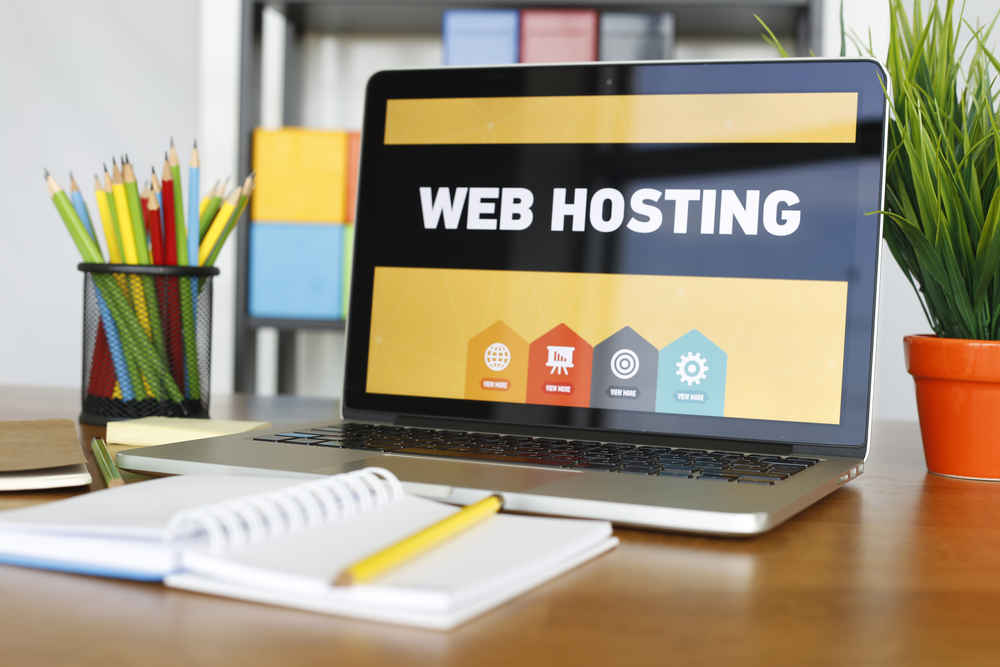What Is The Difference Between An Onshore And Offshore Server?
To put it simply, onshore servers mean your hosting provider is located in the same country as you, while offshore servers mean your data is going to be stored overseas. Both come with unique advantages and disadvantages – choosing between them can be a daunting task.
In this article, we’ll compare onshore and offshore server options to help you make the best decision for your hosting needs.
So, without any further ado, let’s get right to the bottom of it!
In most cases, offshore servers are cheaper

Source: corporatecomplianceinsights.com
The main reason why people opt for offshore servers is that they’re usually more affordable than their onshore counterparts. The reason for this is obvious: if the server is located in a country with lower taxes on digital products than your own, you’ll be able to get it for a much lower price.
Now, pricing isn’t everything – it shouldn’t be the sole determinant of your choice. Don’t rush into making a decision before you’ve reviewed all the differences between these two server options.
Onshore servers have better support

Source: cheekymunkey.co.uk
The biggest advantage onshore servers have over offshore ones is that their support is local. You’ll be able to contact your host every time you need them – you won’t have to deal with potential language barriers, timezone differences, and different working hours.
If your main concern is getting quality support for your hosting needs, perhaps the onshore route is the one for you.
Offshore servers provide higher levels of privacy and are less restrictive.
You don’t have to provide your offshore host with any personal data – they don’t require it! With onshore solutions, your provider will probably need to verify you first due to local laws and regulations. You’ll also have the benefit of avoiding certain censorship laws that are local to your area.
So, overall, if total anonymity is something you want to achieve, we recommend choosing an offshore server for your business needs.
Onshore servers are faster

Source: bestproxyreviews.com
Since your server will be closer to your location, you’ll also be able to enjoy higher speeds on your website. This is crucial if you’re running an online business and your visitors mainly come from your own country.
Now, we’re not saying that offshore dedicated servers are always slow and laggy – but it can certainly happen! Make sure you choose your provider as carefully as possible to avoid these issues.
Offshore providers offer more flexibility

Source: uc3m.es
You can find a variety of flexible hosting plans with offshore hosting providers, which is not always the case with local ones. You’ll be able to purchase the services as per your requirements – when your company starts growing, all you’ll need to do is upgrade the plan.
This is one of the main reasons small businesses usually opt for faraway servers instead of local ones.
The conclusion
As you can see, both offshore and onshore servers have their pros and cons. Your decision will mainly depend on your specific goals and requirements.
Whatever you do, though, remember to choose a provider you can trust. It’s the only way to ensure the safety of your data and the stability of your website.



















